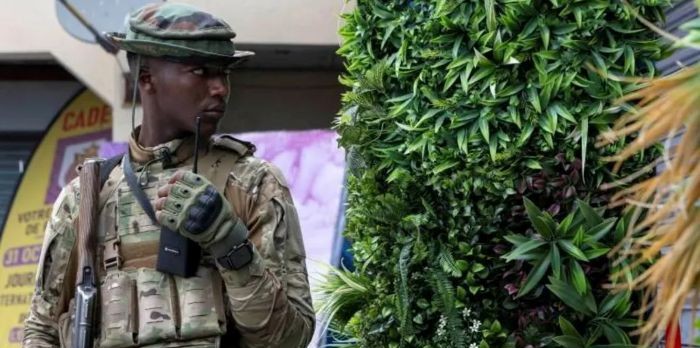(3 Minutes Read)
The Democratic Republic of the Congo (DRC) and a coalition of militias, including the Rwanda-backed M23 group, have agreed to pursue a ceasefire aimed at ending the ongoing conflict in eastern DRC, which has intensified since January. In similar statements released Wednesday night, the DRC government and the Alliance Fleuve Congo (Congo River Alliance) confirmed that their representatives held Qatar-mediated discussions and reached an understanding to resolve the conflict peacefully.
“Following open and constructive dialogue, both the DRC and the AFC/M23 representatives agreed to work towards establishing a truce that would support the implementation of a ceasefire,” the statement read. The parties mutually reaffirmed their dedication to an immediate halt to hostilities, condemned all forms of hate speech and intimidation, and urged local communities to honour the agreement. This marks the first joint announcement of its kind from both sides.
Earlier this month, representatives from the Congolese government and M23 met in Doha. Qatar’s mediation efforts follow its recent economic cooperation agreements with both Rwanda and the DRC. Last month, Qatar also facilitated a meeting in its capital between Congolese President Félix Tshisekedi and Rwandan President Paul Kagame. Although both leaders called for a ceasefire during that meeting, no truce was enacted. Previous ceasefire efforts—over six since 2021—have failed.
Delphin Ntanyoma, a peace and conflict studies researcher at the University of Leeds, expressed doubts about the feasibility of monitoring a ceasefire in the volatile and remote Kivu provinces. In January, M23 launched a swift offensive against Congolese forces, capturing major cities like Goma and Bukavu. The fighting has led to severe destruction, worsening humanitarian conditions, with thousands dead and hundreds of thousands displaced.
Read Also;
https://trendsnafrica.com/rwanda-and-drc-leaders-convene-in-qatar-for-joint-statement/
The DRC, along with the United States and others, accuses Rwanda of supporting M23 to gain access to the region’s mineral wealth—an allegation Rwanda denies. Some participants in the Doha talks said the discussions stalled over complex technical issues. According to sources, proposed “confidence-building measures”—like releasing prisoners accused of ties to Rwanda or M23—sparked tensions and nearly derailed the process. “They’re demanding too much,” said a government source, citing the independence of the judicial system and the seriousness of the alleged crimes.
Meanwhile, a rebel alliance representative said talks collapsed when disagreements over these measures became too great to overcome. However, diplomats noted that Qatari pressure eventually led both sides to issue a joint commitment to continue working towards a ceasefire.





